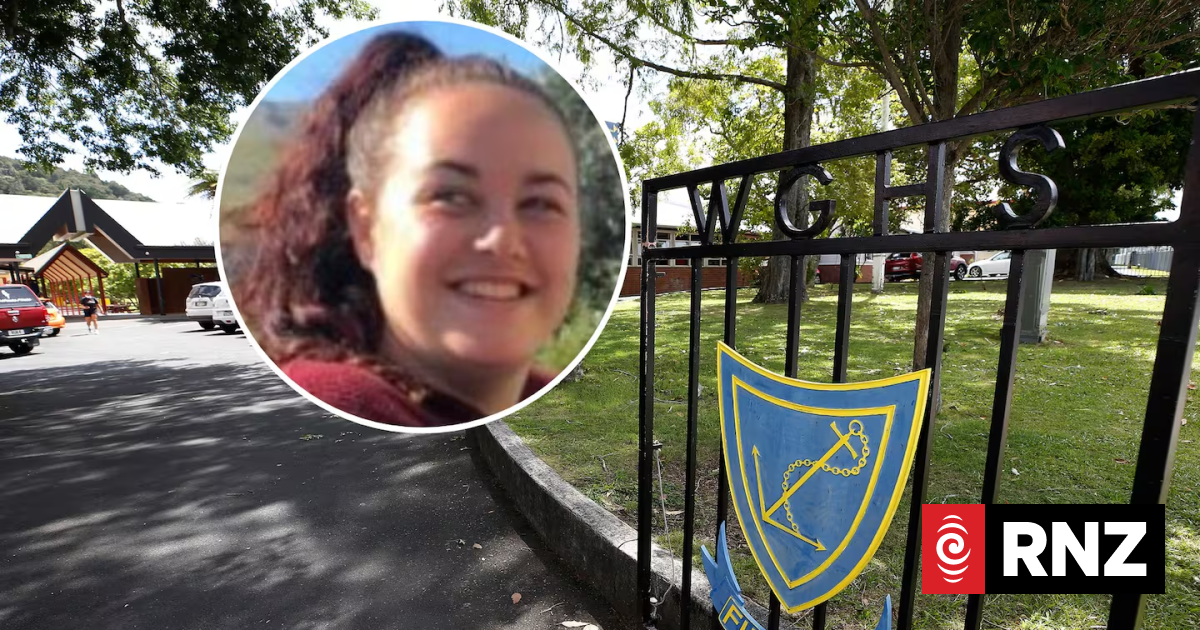Only 34 per cent children in Northland are attending school regularly, which is a staggering statistic, says Whangārei MP Dr Shane Reti.
Let’s teach the basics brilliantly.
Education has the power to change lives. It allows children to gain the skills and knowledge they need for further education and to go on and lead successful lives.
With education being one of the most important building blocks in life, it is a tragedy to me and many others that only 34 per cent of children in Northland are attending school regularly. This is a staggering statistic, no matter how one defines ‘regular’.
So, why aren’t our tamariki attending school on a regular basis? There are many reasons, including failing student achievement that reduces engagement in subsequent years.
Advertisement
The evidence shows that if a student is failing in Year 8, then they will struggle through high school and perhaps simply stop going.
A recent pilot of an NCEA reading, writing and maths assessment revealed that more than half of secondary school students failed to reach the minimum level the OECD says is necessary to succeed in further learning, life and work.
New Zealand students used to be among the top 10 in the world in maths, reading and science. This is no longer the case.
If we accept, then, that if children are not making progress, they can become disengaged from school – clearly, the current education curriculum is failing and something needs to change.
Advertisement
Last week, National announced its ‘Teaching the Basics Brilliantly’ plan, which will ensure every child has the skills they need in reading, writing, maths and science to set them up for further success. My feedback since the announcement is that generally, parents were supportive and teacher unions, not so much. This is a shame, when we are very clear that we back teachers and want to give them the tools to do what they do best. The point of disagreement, then, is the tools to be used, and on this matter, here is our thinking.
Firstly, we will require all primary and intermediate schools to teach an hour of reading, an hour of writing and an hour of maths, on average, every day.
Children need the time to acquire knowledge, practice skills and master the basics so they stay with them for life.
Secondly, we will re-write the curriculum so it says what must be taught each year in reading, writing, maths and science to every year group in primary and intermediate schools.
We believe that the current curriculum is far too loose. It does not give teachers clear guidance about what to teach and when.
Instead of being divided by years, it is grouped into “bands” spanning two to three school years. National will get rid of the three-year bands, replacing them with explicit expectations of achievement and knowledge dissemination for each year group.
We will check children have learned what the curriculum says they should have learned, and we will keep parents informed about where their kids are up to.
Therefore, the third part of the plan requires schools to assess student progress in reading, writing and maths at least twice a year, every year, from Year 3 to Year 8, with clear reporting to parents.
This will provide something we don’t have at the moment – a reliable, national picture of how New Zealand children are progressing at primary and intermediate school.
At the moment, the first national test for numeracy and literacy is not until NCEA. Until then, we are flying almost completely blind.
Advertisement
Finally, we will ensure that teachers and trainee teachers spend more time learning how to teach the basics. We will also provide them with more classroom tools and lesson plans to help them teach reading, writing, maths and science.
We think a target of 80 per cent of Year 8 students being at or above the expected curriculum level for their age in reading, writing, maths and science is important, and we aim to have New Zealand back in the top 10 world rankings by 2030.
By ensuring children progress and learn the basics, they will be more motivated to stay in school.
We want this plan to benefit the whole country, but the real winners will be our tamariki, who will one day have the chance to realise their potential and lead the life they want because, regardless of where they came from, or where they lived, their teachers taught the basics brilliantly.




